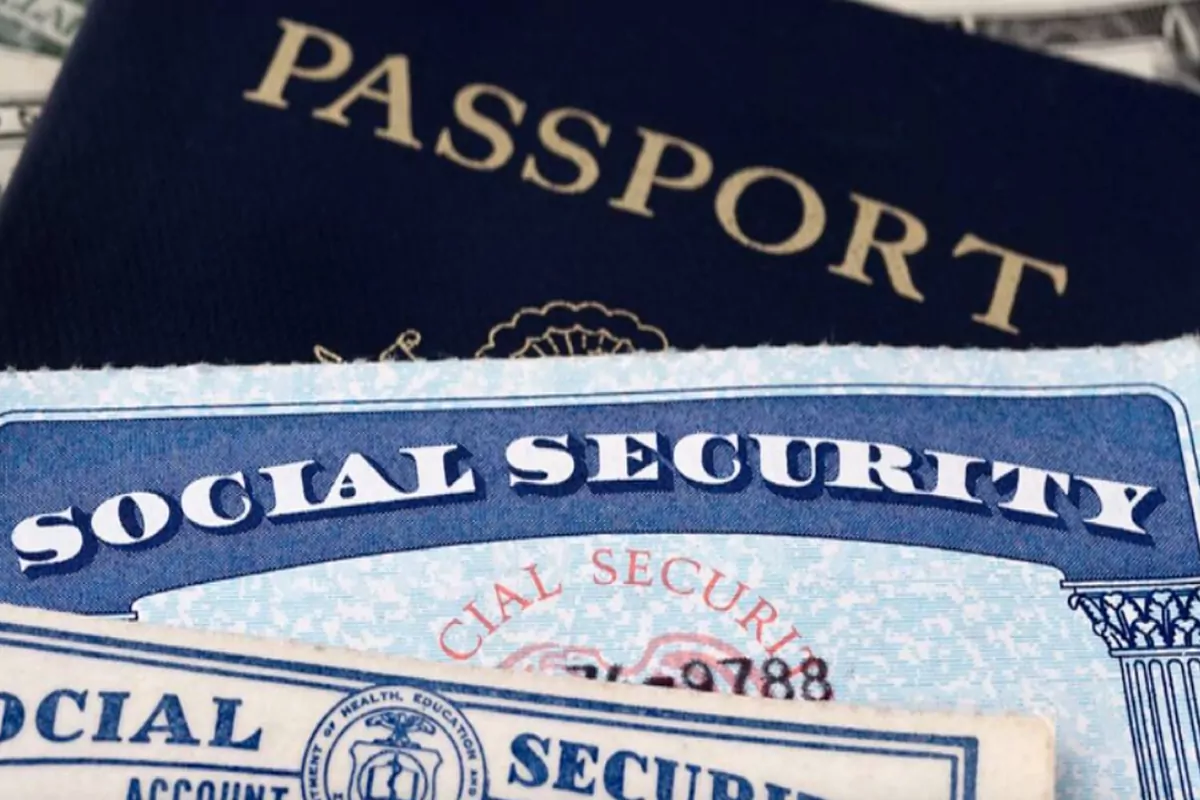

Just days before a new Social Security Administration (SSA) policy was scheduled to take effect, the Trump administration has reversed course on a controversial requirement that would have forced many Americans to verify their identities in person.
The reversal comes after mounting pressure from senior advocacy groups, disability organizations, and Democratic lawmakers, who warned that the rule would have created significant barriers for millions of vulnerable beneficiaries-particularly seniors living in rural or underserved areas.
Technological upgrades prompt last-minute policy shift
Originally announced last month, the policy would have discontinued widely used telephone services for those unable to use the SSA’s online identity verification system, instead requiring them to travel to a local field office to complete their claims. But on Thursday, White House spokesperson Liz Huston confirmed that telephone-based services would remain available.
“President Trump has repeatedly promised to protect Social Security and uproot waste, fraud and abuse across the federal government,” Huston said in a statement to NPR. “The Social Security anti-fraud team has worked around the clock in person to improve technological capabilities and they are now able to identify fraud on claims filed over the telephone.”
The statement marked a notable departure from the agency’s earlier stance, which would have required countless retirees and disabled individuals-many without easy access to transportation-to travel significant distances to receive services.
A White House official, speaking anonymously to discuss internal developments, said the SSA reversed the in-person mandate after the anti-fraud team quickly implemented new systems capable of flagging suspicious phone-based claims. Those flagged will still need to visit an office in person, but the vast majority of beneficiaries will no longer be subjected to that requirement.
The policy change follows an outcry from elected officials and experts alike. A letter signed by dozens of Democratic members of Congress called on the SSA to reconsider the rule, warning that it would “create additional barriers” to accessing earned benefits. The Center on Budget and Policy Priorities, a progressive think tank, had also published a damning report estimating that more than 6 million seniors would have to travel at least 45 miles round-trip just to verify their identities-an especially steep burden for those with limited mobility or no access to a vehicle.
Max Richtman, president and CEO of the National Committee to Preserve Social Security and Medicare, celebrated the administration’s reversal while emphasizing that it wasn’t done out of goodwill.
“The Trump administration did not change the policy out of the goodness of their hearts,” Richtman said in a statement. “They responded to public pressure. This is a victory for advocacy on the grassroots and national level, by and on behalf of the millions of seniors who depend on phone service from the Social Security Administration.
“The Trump administration has been busy erecting barriers for people simply trying to access their earned benefits. We are glad this one barrier has fallen.”
This news was originally published on this post .








Be the first to leave a comment